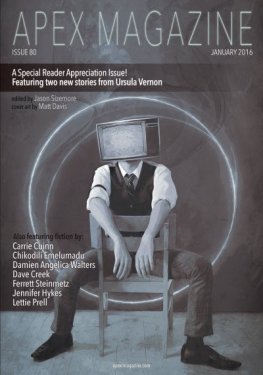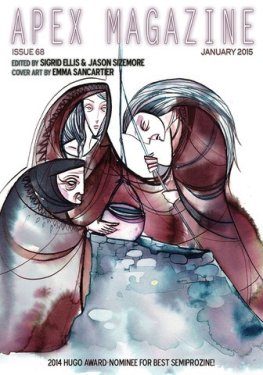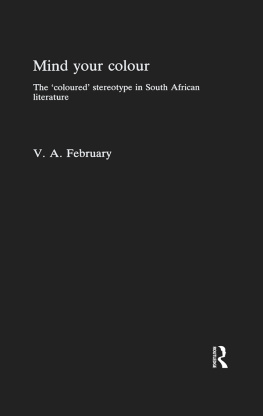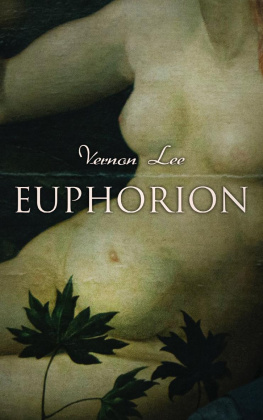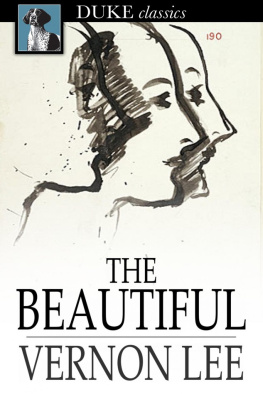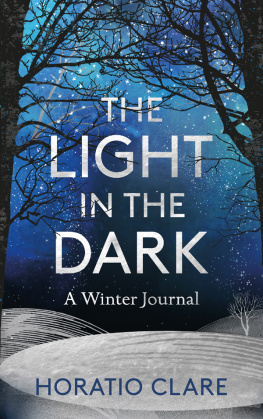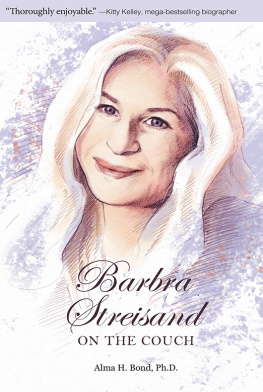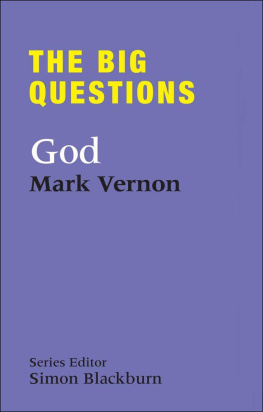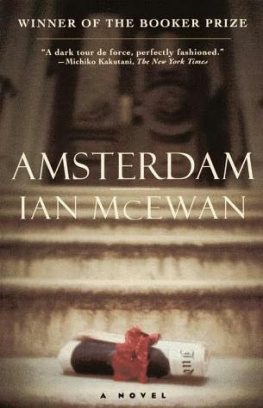And Bid Him Sing
First published 1988 by
Kegan Paul Internation Limited
Published 2019 by Routledge
2 Park Square, Milton Park, Abingdon, Oxon OX14 4RN
52 Vanderbilt Avenue, New York, NY 10017
First issued in paperback 2019
Routledge is an imprint of the Taylor & Francis Group, an informa business
Copyright 1988 Vernon February
All rights reserved. No part of this book may be reprinted or reproduced or utilised in any form or by any electronic, mechanical, or other means, now known or hereafter invented, including photocopying and recording, or in any information storage or retrieval system, without permission in writing from the publishers.
Notice:
Product or corporate names may be trademarks or registered trademarks, and are used only for identification and explanation without intent to infringe.
Distributed by Associated Book Publishers (UK) Ltd.
ISBN 13: 978-1-138-96351-1 (pbk)
ISBN 13: 978-0-7103-0278-6 (hbk)
Acknowledgements
I owe my insights in this book, And Bid Him Sing, to several people who influenced my life. It is a tribute to the late Professor A. C. Jordan who taught me the beauties of Xhosa at the University of Cape Town. Jordans lessons have been more than a shield to me during my years of exile; those lessons are a vindication of the Xhosa proverb he taught me many years ago: Isiziba siviwa ngodondolo, literally, the bottom of a pool is reached with a long enough stick; figuratively, well get there in the end. In exile, the late Professor Jan Voorhoeve of Leiden University inducted me into the joys and mysteries of creole literature. To these two men, the one African, the other Dutch, I owe an intellectual and spiritual debt.
I am grateful for the many students who, in various parts of the world, were prepared to lend me a willing ear.
I am thankful to Mrs Miriam Bleekrode who typed large parts of this manuscript.
The publication of this book would not have been possible without the generous financial assistance provided by Novib, the Dutch organization for international aid and development. I am indebted to the Board of Directors of Novib. More specifically, I would like to single out the General Secretary of Novib, Dr Sjef Theunis, for a special word of praise. He was not only prepared to listen to me but also personally championed my course.
I also want to thank Doctorandus Jona Bos from the Ministry of Foreign Affairs who, like his illustrious countryman, Douwes Dekker (Multatuli), is a civil servant with a heart for the cause.
Above all, I would like to dedicate this book, And Bid Him Sing, to the one person who shares my insights, Esther; she it is who keeps on reminding me that where there is light, there is simcha.
Vernon A. February,
Amsterdam/Leiden
1986
This collection of essays, talks and reviews covers a remarkable range of subject matter, knowledge and expertise, organized under a strong controlling viewpoint. Dr February combines political and social concern - what is loosely called commitment with the deep grounding of a scholar and researcher who has himself, in South Africa, experienced at first hand those conditions whereby culture and knowledge are abused to serve the ends of a dominant group. In Incarceration and Creation he says, In our times, writers are called upon to be committed, and if one surveys the world scene, it is almost impossible to remain aloof. There is no escaping, in over half these pieces, the pervasive political significance of language to such an extent, February observes, that honest research is sometimes well-nigh impossible, though not, one adds, impossible for him. Research here subtly links the history of the Afrikaners freedom struggle -against British imperialism with that, in their turn, of the Africans Soweto protest of 1976.
The most authoritative and impressive of these essays probe the very roots of the colonialists rationalization of this assumption of absolute power, notably, the relentlessly analytical Ilizwi LikaJak-obi Kodwa Isandla Sika-Esau, based on a sound typology of the process of conquest, deculturation and deracination. In Asingeni, as in Ilizwi..., scholarship lays bare the civilized pretensions of apartheid, an ideology forged to legitimize power. One recalls the Nazi and Soviet abuses of language to conceal or distort, not reveal, truth; in the language of National Socialism volk is a word reserved for the Chosen People.
Februarys revealing essays on the careers of two Surinamese writers, Trefossa and Cairo, whose work is hedged about by the linguistic chances of colonialism and its consequences (Cairo) and confined to a minuscule Dutch readership, give fresh glimpses into the fragmented world of those writers excluded from a larger awareness by the consequences.
Time and again February draws attention to the ironic colonial inheritance, that the colonized person is often coerced into writing and expressing himself in the language of the colonizer (From the Green Antilles). But, as Salman Rushdie has said, it is in this language that the Empire strikes back and, as February notes, many third-world writers have adopted, as their prototype, Shakespeares despised Caliban who tells his colonial overlord, Prospero:
You taught me language, and my profit ont
Is, I know how to curse.
Not that February curses, his tone is even; mostly he lets the rich material speak, though occasionally he allows himself a leavening wit: Note, whenever the possessive is used [as in the whites approving Our native], the said native is in grave danger. (From Peau Noire to Po White). There is a teasing invention in Ilizwi... of the first linguistic confrontation between two robust, ruddy-faced, big-boned Dutchmen and the Khoi later, in the same essay, we learn that even the English qualify as Bantu...
Overall, And Bid Him Sing is a serious and timely body of work, a humane critics substantial contribution to the writers saving cause of truth, for which Solzhenitsyn spoke passionately in his Nobel Prize Lecture; we are constantly reminded, in the words February quotes from Frank Martinus Arion, that writing with the wrong pen... can cost you your soul.
Michael Thorpe
And Bid Him SingCullen, serve as the title of this book for those lines contain that singular marvel of the man of colour who, against tremendous historical and sociological forces, has managed to salvage something of his past to give expression to his suffering and alienation and his zest for living in a creative manner.
In a sense, then, these essays are also commentaries on cultural imperialism. Some of these critical and creative exercises, presented here, deal specifically with Dutch colonialism. This is not so surprising since it is often forgotten that the Dutch colonial Empire made its influence felt in the East Indies, in the Cape, in West Africa and also in the Dutch Antilles and Surinam. These essays are, therefore, a reflection of the African and the colonial experience as found in literature and as perceived in Africa. They also reflect the diaspora via the middle passage man.
The first essay deals with praise poetry in African societies, more specifically, within South Africa. Most of the South African literary scene is controlled by naked discrimination and apartheid. Thus, much that passes for creativity in that part of Africa often seems to be in reaction to the white mans domination and destruction. The African cosmological world and the great poetic tradition in Nguni suffers as a result of a larger struggle for freedom. The process of coming to grips with ones own cultural and literary tradition is, to my mind, as much a part of the struggle for freedom. The prime exponent of this is Mazisi Kunene. The first essay deals with the phenomenon of praise poetry in comparative vein; what better mode, as contrast, than the oral literature of Anglo-Saxon and Norse societies?


